Animals
-
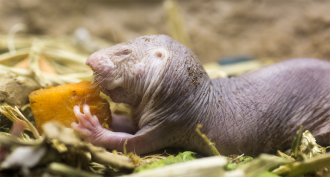 Animals
AnimalsEating queen’s poop makes naked mole rats babysit her kids
Hormones in the poop of a naked mole rat queen turns other females into babysitters for her young.
-
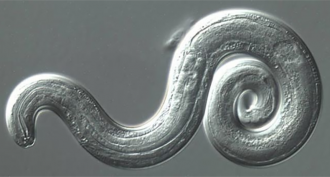 Health & Medicine
Health & MedicineParasitic worms sicken people in the mainland United States
A worm native to Asia has sickened at least 12 people in eight continental U.S. states since 2011, a new report finds.
-
 Animals
AnimalsScientists Say: Larva
Many insects, amphibians and fish have a life stage after they hatch that looks very different from the animal’s adult form. This life stage has its own name.
-
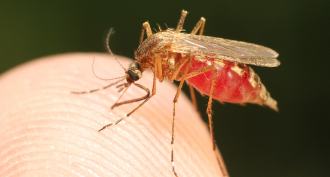 Animals
AnimalsCool Jobs: Sucking up science with mosquitoes
Mosquitoes are tiny, but the illnesses they spread can be deadly. To fight these germ spreaders, scientists need to get to know mosquitoes better — much better.
-
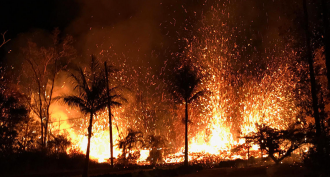 Earth
EarthNine big stories you may have missed this summer
We hope you enjoyed time off from school this summer. But you may have missed some scientific developments, from mega-eruptions to Martian lakes.
-
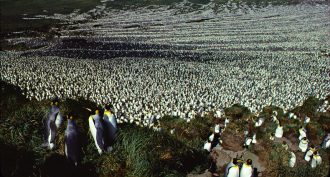 Animals
AnimalsWhere did all of those king penguins go?
Île aux Cochons in the southern Indian Ocean was once home to the largest known colony of king penguins. Most of those birds are now gone and no one knows why.
By Susan Milius -
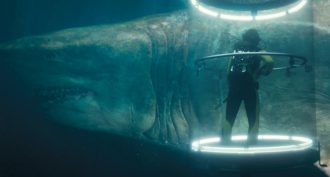 Animals
AnimalsWhat ‘The Meg’ doesn’t quite get right about megalodon sharks
A paleobiologist helps separate shark fact from fiction in the new Jason Statham film The Meg.
-
 Animals
AnimalsScientists Say: Nematocyst
Nematocysts are special cells in some ocean critters, such as jellyfish, sea anenomes and corals. They have a barb coated in venom that shoots out at their prey.
-
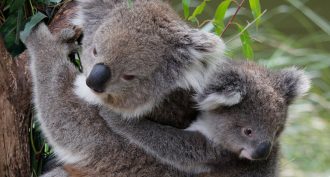 Genetics
GeneticsKoala genes could help scientists save these furry animals
Scientists have examined the clues within koalas’ genetic instruction book. They are learning more about how to save these cuddly creatures.
-
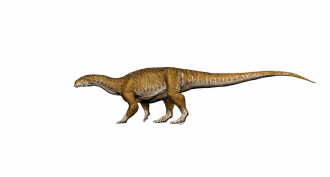 Fossils
FossilsThere’s more than one way to build a giant dinosaur
Some early long-necked dinosaurs may have built big bodies from a different blueprint than their later giant relatives.
-
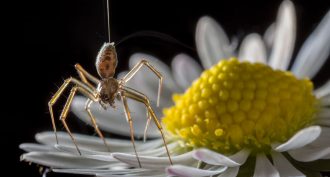 Animals
AnimalsElectric currents in the air may cue ‘ballooning’ spiders on when to take off
Some spider species float on the breeze using a parachute of silk. A new study suggests electrical charges in the air help spiders time these flights.
-
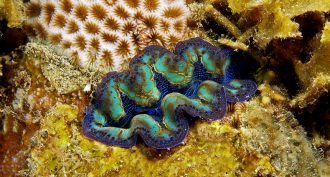 Animals
AnimalsHere’s how a clam can hide within a rock
Old boring clam research has been upended after 82 years.
By Susan Milius